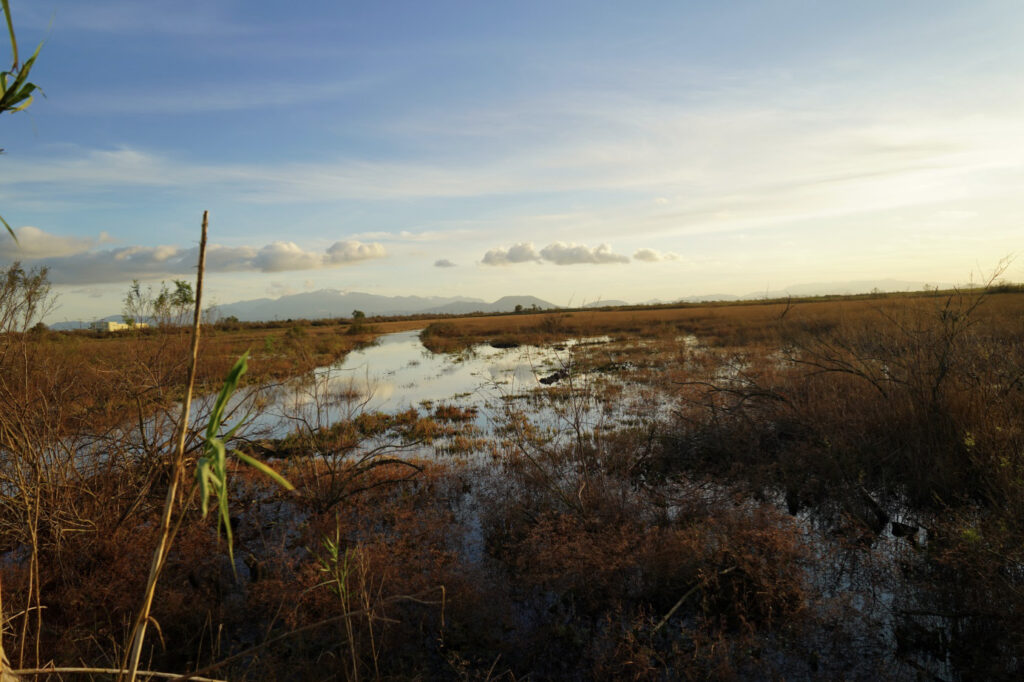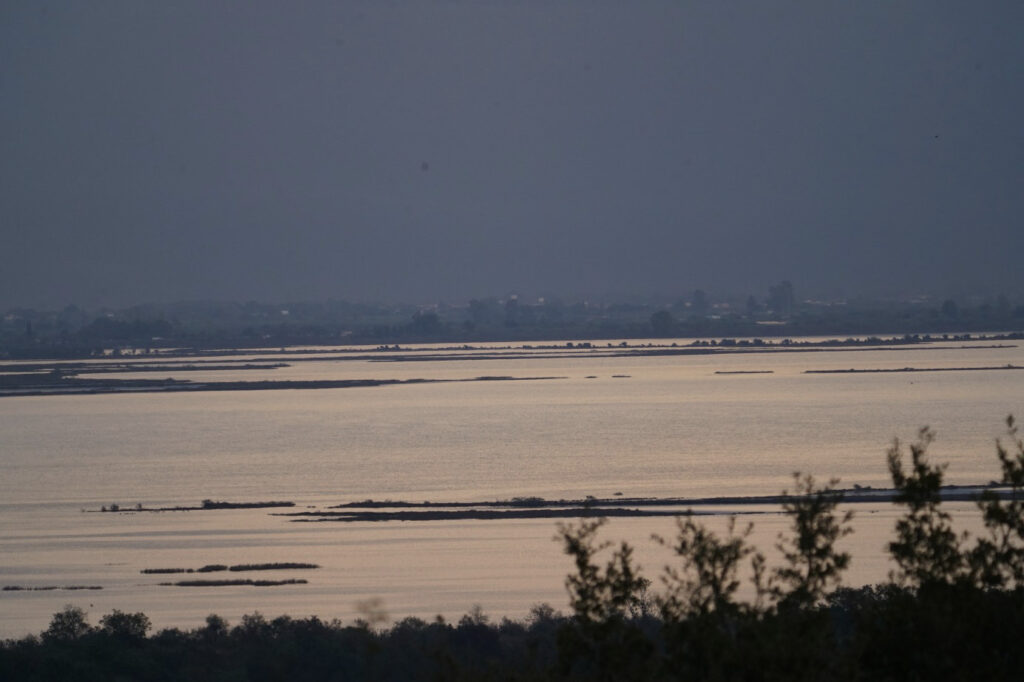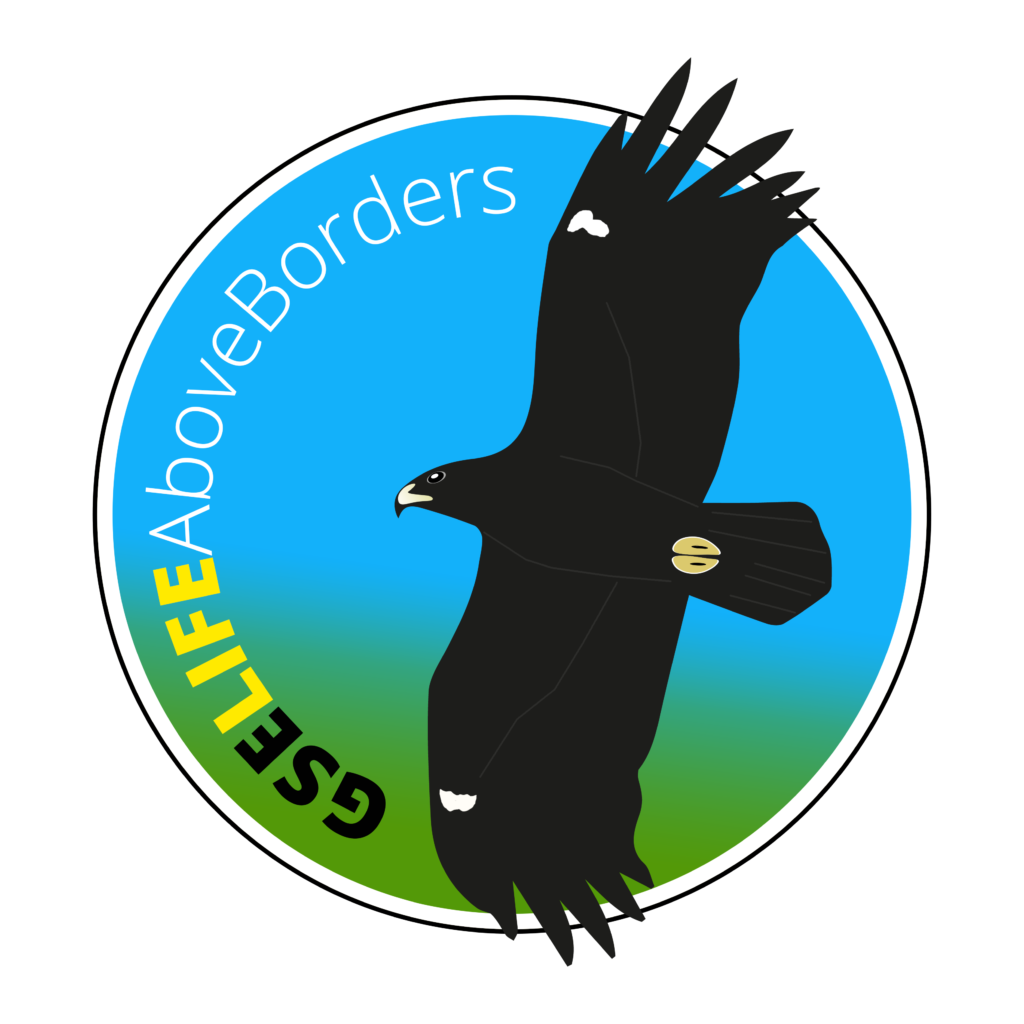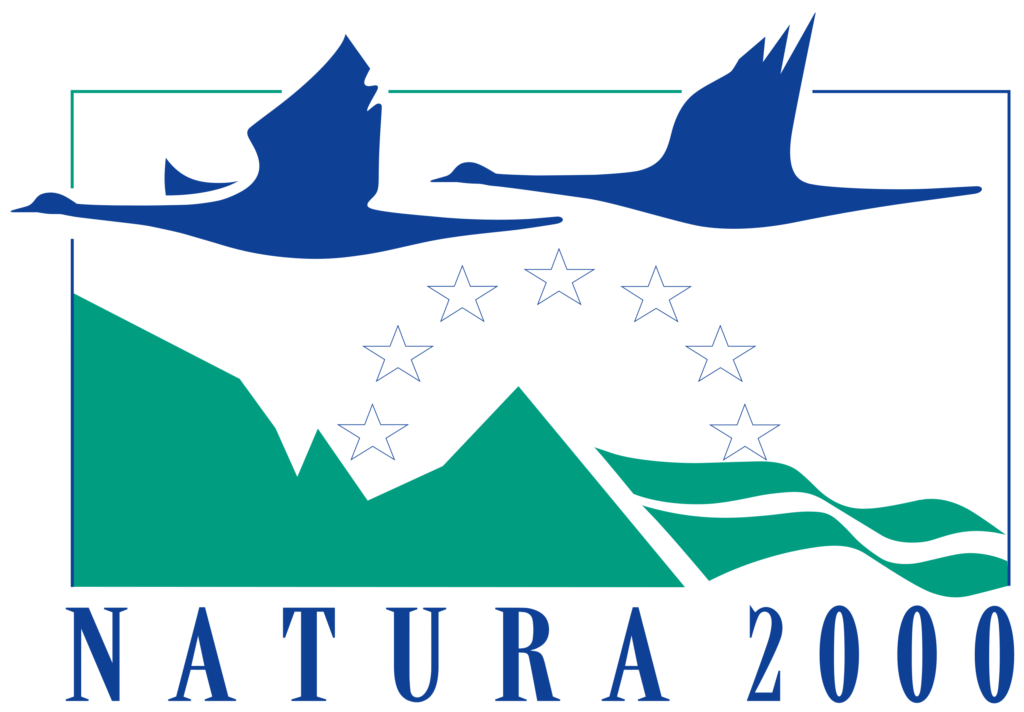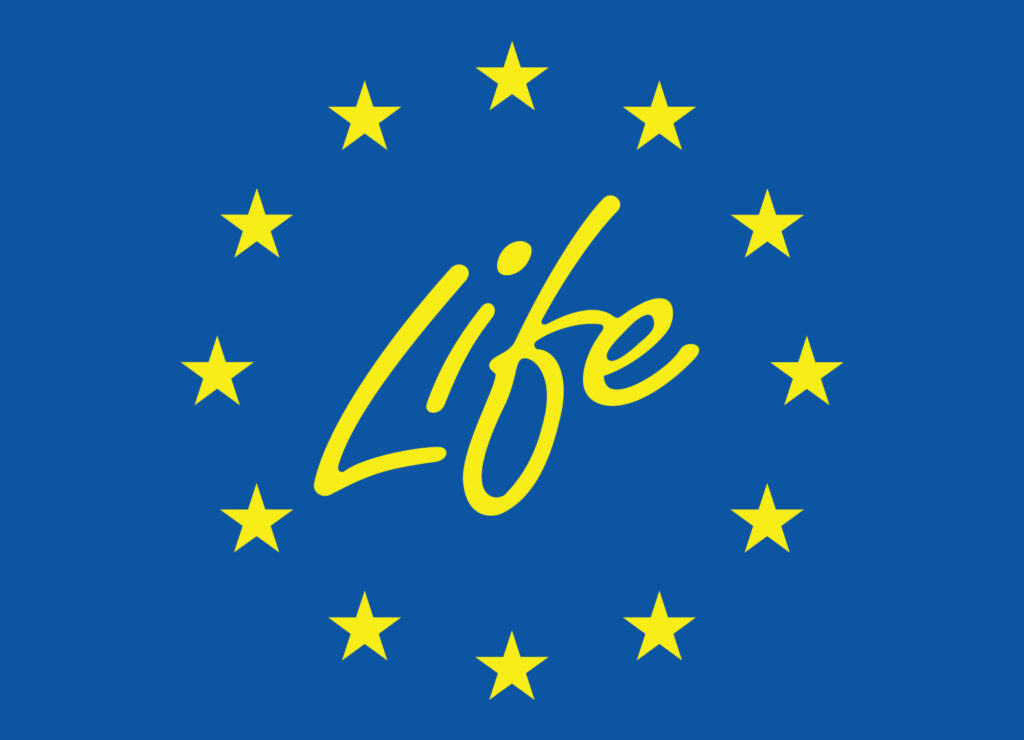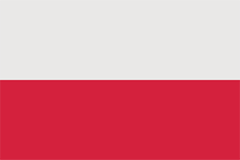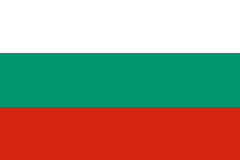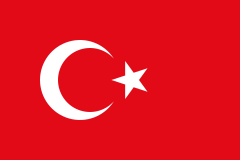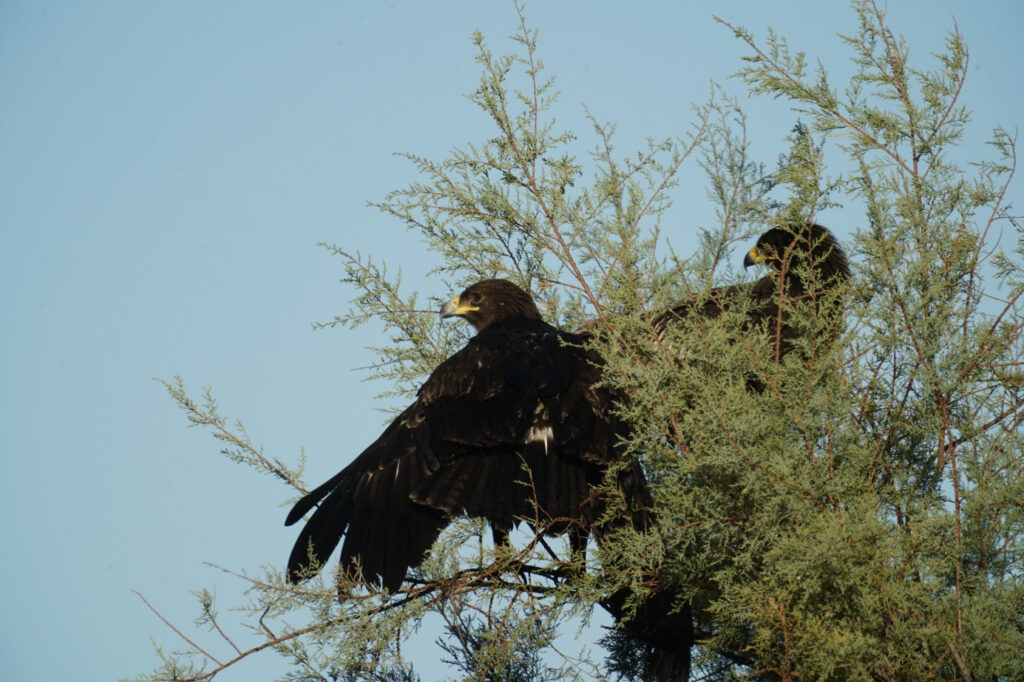The high mortality of birds during migration and on the wintering grounds has a significant impact on the population size of the Greater Spotted Eagle. This aspect of conservation is an important part of our project. The cooperation undertaken with our partners from Greece and Turkey is expected to reduce the mortality of birds wintering in their areas.
Increased mortality is caused by a variety of human activities, which mainly include: shooting of birds during migration, collisions with power lines and buildings, laying of poisoned food and disappearance of wetlands on wintering grounds. The observed killing of raptors with poisoned meat by farmers and hunters is unfortunately a very common practice used to reduce mammalian predation causing damage to sheep, goat and cattle breeding flocks. Unfortunately, this action, which contributes to the extermination of wolves, foxes, golden jackals and rambunctious dogs, also has a negative impact on the numbers of wintering Greater Spotted Eagles.
The activities planned and undertaken by our team are aimed at raising public awareness of the eagle’s protection and implementing good practices supporting the species’ conservation. Tasks are to include active protection focusing on creating feeding sites for the birds, patrolling the area to reduce poaching or insulating power poles to prevent possible electrocution. Alongside these activities, there will be a campaign to change perceptions of the species and draw attention to the problem of shooting and poisoning of raptors and to highlight migratory birds as a tourist asset in Greece and Turkey, in opposition to the practice of shooting and poisoning birds.
Photos: Greater Spotted Eagles recorded in February on wintering grounds in Greece and their habitat.
